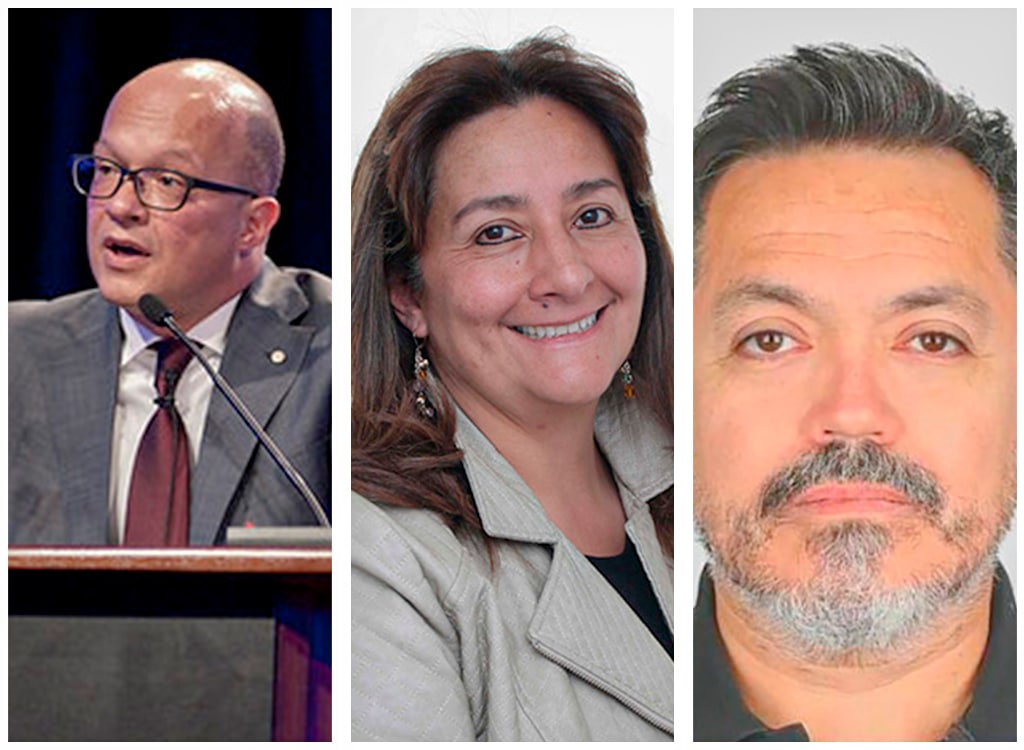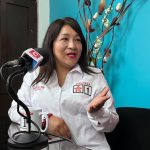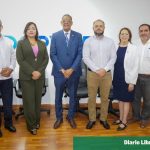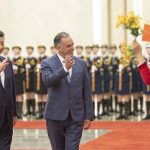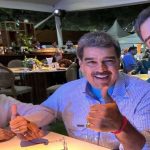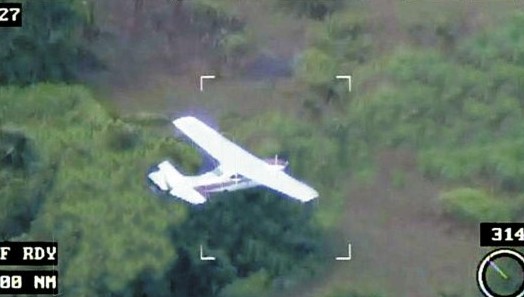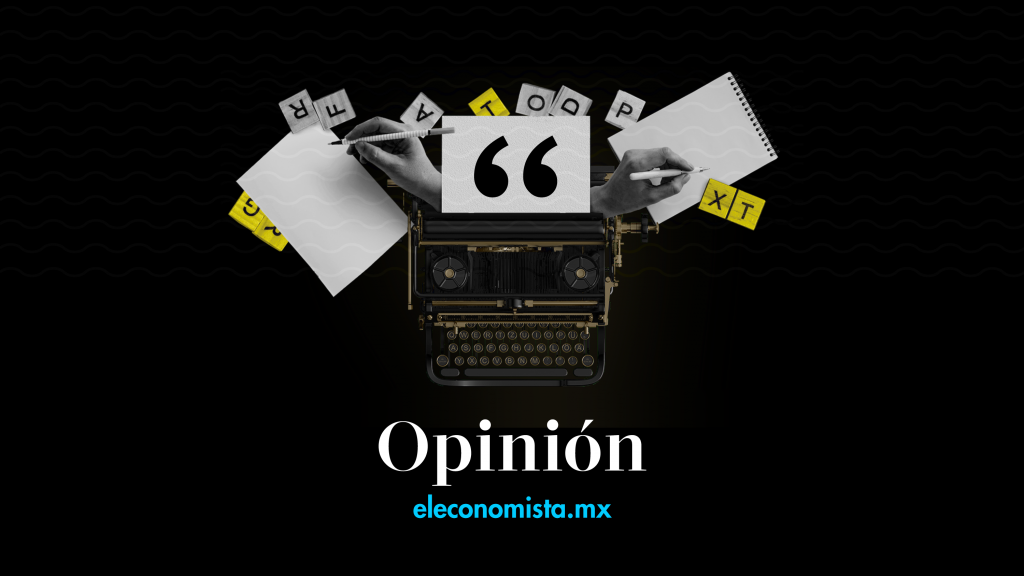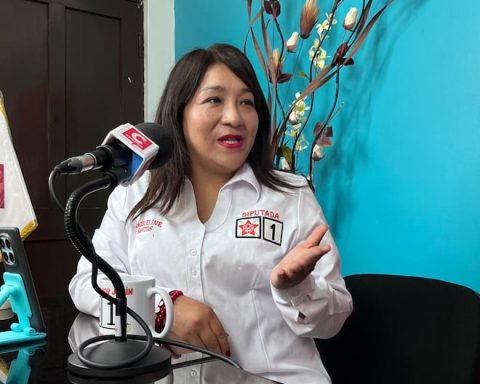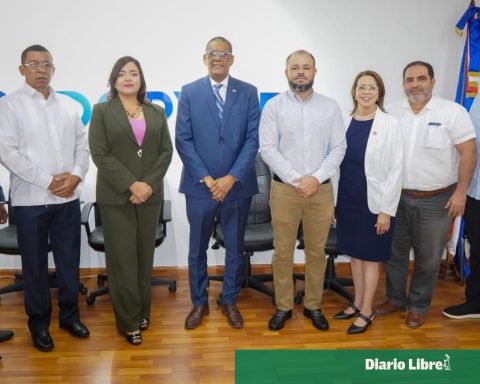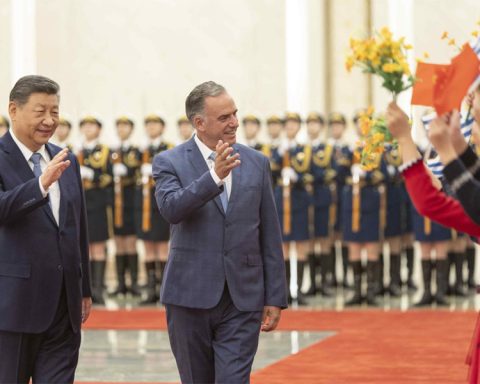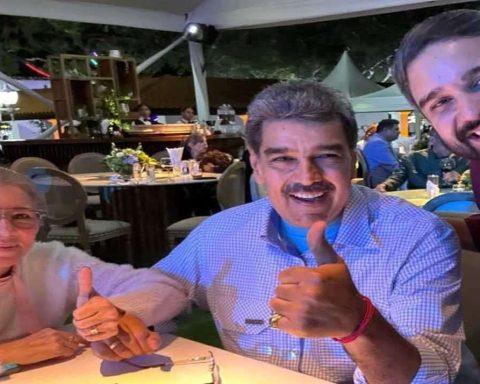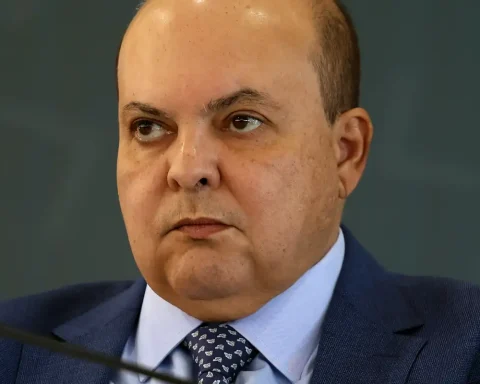The regime of Daniel Ortega flatly rejected the request of the Commission of Independent Experts appointed by the Human Rights Council of the United Nations Organization (UN), to cooperate with its mandate to investigate the human rights violations that occurred in Nicaragua between 2018 and 2022.
European diplomatic sources confirmed to CONFIDENCIAL that the Government refused, through its ambassador in Geneva, to maintain any contact with the Commission and allow it to enter the country, alleging that the Commission is “partial and biased, because it represents an attack against Nicaragua, aligned to the interests of the United States.”
“Ortega’s refusal was predictable,” the source said, since “until now he has rejected all reports from Michelle Bachelet, the United Nations High Commissioner for Human Rights.”
However, by making its rejection of the Commission of Independent Experts official, the government is challenging the mandate agreed by the 20 countries that voted for its creation at the UN Human Rights Council.
National and international defenders who have watched over human rights in Nicaragua lamented the government’s official rejection. However, they believe that the Group of Experts will succeed in executing its mandate.
“Yes, it is unfortunate that they do not enter, but they are going to fulfill their mandate, there is already a history of experts whom the Government did not allow to enter,” said Dr. Vilma Núñez de Escorcia, president of the Nicaraguan Center for Human Rights (Cenidh). , whose legal status was canceled by the Ortega regime in December 2018.
Juan Pappier, senior researcher at the Americas Division of Human Rights Watch (HRW), also noted that “unfortunately it would not be a surprise to anyone if the Ortega regime does not cooperate in the least with the UN Group of Experts.” .
However, Pappier added that “if the regime refuses to cooperate, it will only deepen its isolation from the international community and further tarnish the very poor global reputation of this dictatorship responsible for grave atrocities.”
Regime rejected the Group of Experts from the beginning
The Ortega-Murillo regime rejected the resolution that gave way to the formation of the Group of Experts. On March 31, the Attorney General of the Republic, Wendy Morales, argued that said resolution was an “instrumentalized assessment” and “derived from economic and political interests of the imperialist countries” that do not respect the self-determination of the peoples.
“We do not accept any resolution, update or report on human rights in Nicaragua because they lack objectivity and are covered by a clearly defined political and interventionist bias,” Morales said.
Precisely because of this fact, the president of the Cenidh, Vilma Núñez, considers that “any action or reaction of this nature by the Nicaraguan regime should not take anyone by surprise, much less the Group of Experts”, because the Government had already rejected its creation in the vote. “Right there he said that he did not know what was approved there and rejected the resolution and instance in this regard, so he even went ahead with approval,” recalled Núñez.
According to the human rights defender, “if the Group of Experts had already approached the Government and it rejected it, it did no more than comply with a formality that it definitely had to give to the State, creating its strategy or work plan.” For Núñez, it is “logical” that the Group “had to go to the Government and be sure of what the answer would be.” However, she believes that the Group must already have its strategy to fulfill its mandate, regardless of the rejection of the Ortega regime.
Likewise, Núñez valued that “the ideal and what we also demand is that they be allowed to enter (the Group of Experts) in Nicaragua and work, that they be given all the facilities and possibilities to fulfill their mandate. That is what a decent government does, a democratic government.”
UN group will achieve its mandate, advocates estimate
Human rights defenders believe that, despite the regime’s rejection, the UN Group of Experts will be able to fulfill its mandate.
“The UN experts will have many tools at their disposal to reveal the systematic abuses that occur in Nicaragua, such as interviewing the tens of thousands of people who have had to flee the country or examining judicial files,” said HRW’s Pappier.
Núñez also recalled the precedent of August 2019, when the regime rejected the High-Level Commission of the Organization of American States (OAS), appointed to seek a solution to the country’s sociopolitical crisis.
But, given the rejection, the following month the Commission traveled to El Salvador, where they met with representatives of the political opposition, representatives of civil society, relatives of those murdered during the Ortega repression of 2018 and prisoners of conscience, also released. politicians and human rights defenders, among other sectors.
Therefore, Núñez considers that the regime’s rejection of the Expert Group will not be “an insurmountable obstacle.”
On the contrary, he added, “rather, the Ortega government loses an opportunity to demonstrate what it says, although it knows that it cannot do it” and ruled that in the regime “they do not dare because they are false narratives.”
According to Núñez, if the government had agreed to receive the specialists, “their point of view would definitely be included in the narration of the report, while now what is going to be included is what the victims, the organizations, the civil society in In general, all the people who are with great enthusiasm and interest, waiting for the moment to meet with the Group of Experts”.
He also explained that “we are no longer in other times when in order to access you had to be present, walk, take tours on foot, face-to-face, there are many other ways that will facilitate the work and we Nicaraguans are willing to collaborate and fill out that emptiness.”
Previously, human rights defenders had also estimated that the Group of Experts could work “on the basis of other reports” that have already been generated in the inter-American system.
Claudia Paz y Paz, former attorney general of Guatemala and who was part of the Interdisciplinary Group of Independent Experts (GIEI) that was in Nicaragua in 2018, valued that, even if the group of experts does not manage to enter Nicaraguan territory, they can carry out their investigations through based on “the reports prepared by other organizations” that defend human rights, which have interviewed victims, relatives of the victims and have data on their legal defenders.
Juan Pappier highlighted at the end of May that these three experts “know the Central American region very well” and “have all the qualities to systematize the serious human rights violations that have occurred in Nicaragua.”
In addition, he stressed that as experts in Criminal Law “they know about (how the) apparatuses of power designed to repress work and can analyze how the basic principles of human rights are violated through structures of repression in Nicaragua.”
The Group of Independent Experts approved by the UN
The creation of the investigation mechanism comprising the Group of Experts was proposed by the delegation of Chile, with the support of Costa Rica, Chile, Colombia, Brazil, Ecuador, Paraguay, Peru, and Canada; and was approved on March 31, with 20 votes in favor, 20 abstentions and 7 votes against.
Among the countries that voted in favor of the resolution are: Argentina, Mexico, Brazil, the United States, Paraguay, Germany, France and the United Kingdom. Meanwhile, the allies of the Daniel Ortega regime: Bolivia, Cuba, China, Honduras, Eritrea, Venezuela and the Russian Federation, did it against.
On May 24, the members of the Group of Experts were appointed, which was chaired by the German Jan-Michael Simon; accompanied by the Chilean, Alexandro Álvarez, and the Colombian, Ángela María Buitrago, appointed on May 24 by the president of the United Nations Human Rights Council, Federico Villegas.
Villegas acted in compliance with the resolution “Promotion and Protection of Human Rights in Nicaragua”, which established the creation of a mechanism of international and independent experts to investigate and promote the accountability of the State of Nicaragua after three years of sociopolitical crisis.
The Group’s mandate is to “undertake thorough and independent investigations into all alleged human rights violations and abuses committed in Nicaragua since April 2018, in particular the possible gender dimensions of those abuses and violations, and their deep structural causes,” according to the resolution.
In addition, it must “establish the facts and circumstances related to the alleged abuses and violations, gather, consolidate, preserve and analyze information and evidence and, if possible, identify those responsible, and allow that information to be accessible and used in support of current and future accountability initiatives.”
The initial duration of the mandate of the Group is one year and during that time they must make “recommendations with a view to improving the situation of human rights” in the country and, subsequently, present a report to the Human Rights Council during the 52 period of sessions, scheduled between February and March 2023.
